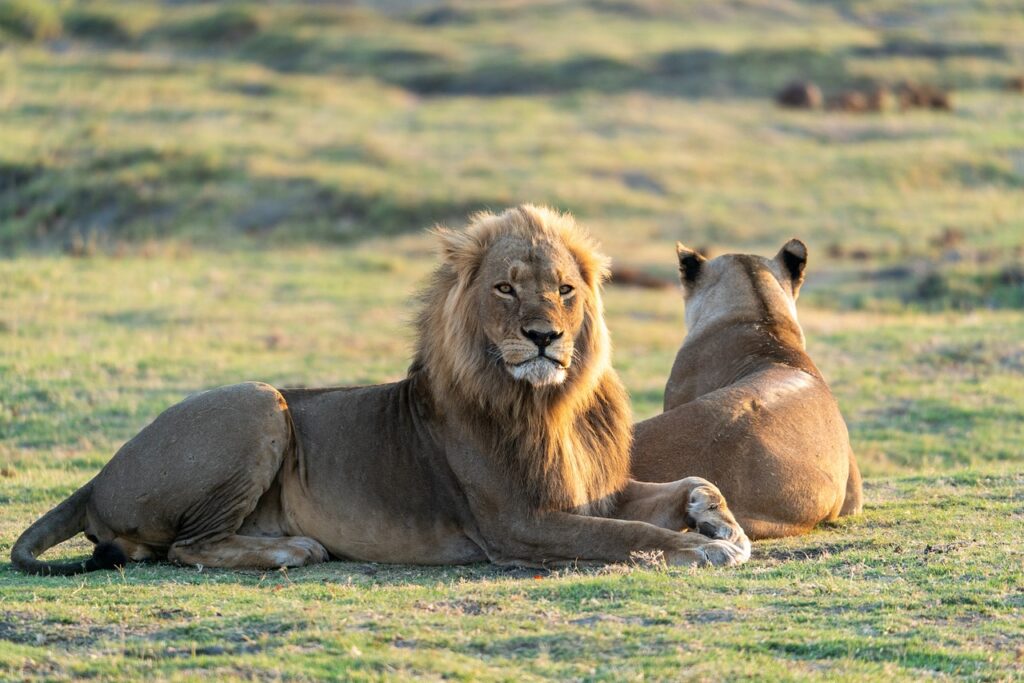Hello there! Have you ever wondered if foxes eat cats? This article will explore the relationship between foxes and cats, addressing the common question of whether or not foxes pose a threat to our feline friends. Let’s dive in and discover the truth about this curious topic! Have you ever wondered if foxes eat cats? It’s a common concern for pet owners and those who live in areas where both foxes and cats can be found. In this article, we will explore the relationship between foxes and cats, their behavior, and what you can do to protect your pets.
Understanding Foxes
Foxes are members of the Canidae family, which also includes dogs, wolves, and coyotes. They are known for their bushy tails, pointed ears, and cunning behavior. Foxes are omnivores, which means they eat a variety of foods including small mammals, birds, insects, and fruits.
Fox Diet
Foxes are opportunistic feeders, which means they will eat whatever is readily available to them. Their diet varies depending on their habitat and the time of year. In urban areas, foxes may scavenge for food in garbage cans or prey on small pets like rabbits, chickens, and yes, even cats.

Fox Behavior
To better understand whether foxes pose a threat to cats, it’s important to look at their behavior in the wild and in urban environments.
Nocturnal Hunters
Foxes are primarily nocturnal, which means they are most active during the night. This behavior allows them to avoid human contact and hunt for prey under the cover of darkness.
Territorial Nature
Foxes are territorial animals that mark their territory with scent markers. They will defend their territory from other animals, including potential threats like cats, to ensure a steady supply of food.

Fox and Cat Interaction
Now let’s dive into the interaction between foxes and cats to determine if foxes actually pose a threat to cats.
Predation Behavior
While foxes are known to eat small mammals like rabbits and rodents, there is limited scientific evidence to suggest that foxes actively hunt and eat cats. In fact, most foxes would rather avoid confrontation with larger animals like cats and dogs.
Competition for Resources
Foxes may view cats as potential competitors for food and territory, especially in urban environments where resources are limited. However, conflicts between foxes and cats are rare, and most interactions are non-aggressive.

Urban Foxes and Cats
In urban areas, both foxes and cats are common, leading to concerns about potential conflicts between the two species.
Shared Space
Foxes and cats may share the same urban environment, such as parks, gardens, and residential areas. While cats are typically more domesticated and may be fed by humans, foxes are wild animals that rely on their hunting instincts to survive.
Encounters
Encounters between foxes and cats are more likely to be peaceful than aggressive. Cats are usually wary of foxes and will avoid confrontation by climbing trees or finding a safe place to hide. Foxes, on the other hand, are curious animals but are unlikely to attack a cat unless provoked.

Protecting Your Pets
To ensure the safety of your cats and other pets, here are some tips on how to protect them from potential encounters with foxes.
Secure Enclosures
If you have outdoor cats, consider building a secure enclosure or catio to keep them safe from predators like foxes. Make sure the enclosure has a roof and sturdy walls to prevent any unwanted visitors from gaining access.
Supervised Outdoor Time
When allowing your cats to roam outdoors, supervise their time outside to keep an eye on any potential threats. By being present, you can intervene if you notice a fox or other predator approaching your property.
Remove Food Sources
To deter foxes from entering your property, remove any potential food sources such as bird feeders, pet food, and open trash cans. By eliminating access to food, you can reduce the likelihood of attracting foxes to your home.
Motion-Activated Lights and Alarms
Install motion-activated lights and alarms around your property to deter foxes and other wildlife from approaching. These devices can startle animals and discourage them from entering your yard or garden.
Create Noise
Foxes are wary of loud noises, so creating noise by clapping your hands, banging pots and pans, or using a whistle can scare off any unwanted visitors. Keep an eye on your pets and intervene if you notice any signs of aggression from a fox.

Conclusion
In conclusion, while foxes are capable of eating small mammals like rabbits and rodents, there is limited evidence to suggest that they actively hunt and eat cats. Most interactions between foxes and cats are non-aggressive, with both species preferring to avoid confrontation. By taking precautions to protect your pets and creating a safe outdoor environment, you can reduce the risk of encounters with foxes. Remember to always supervise your pets when outdoors and be aware of any potential threats in your area.

